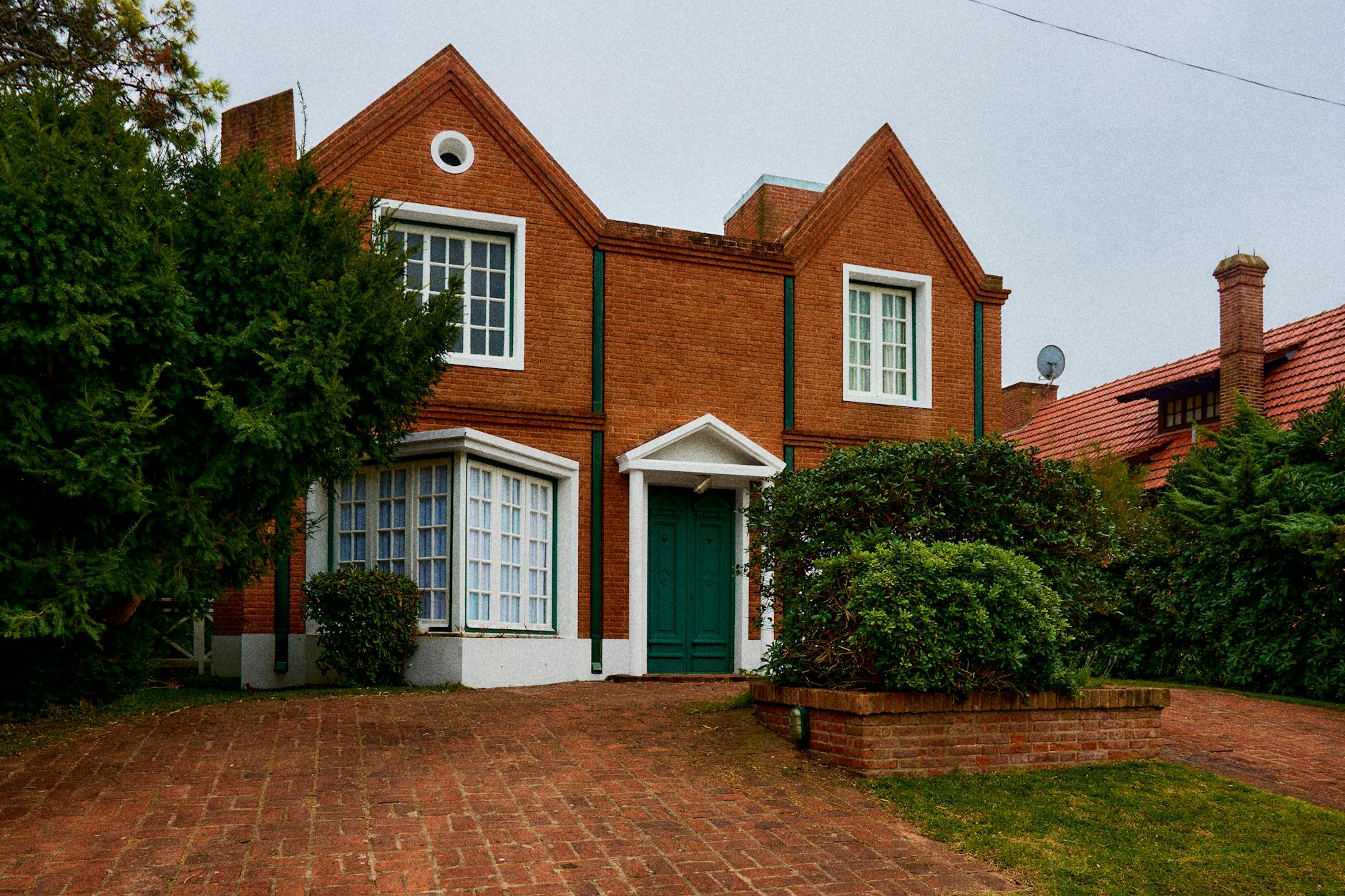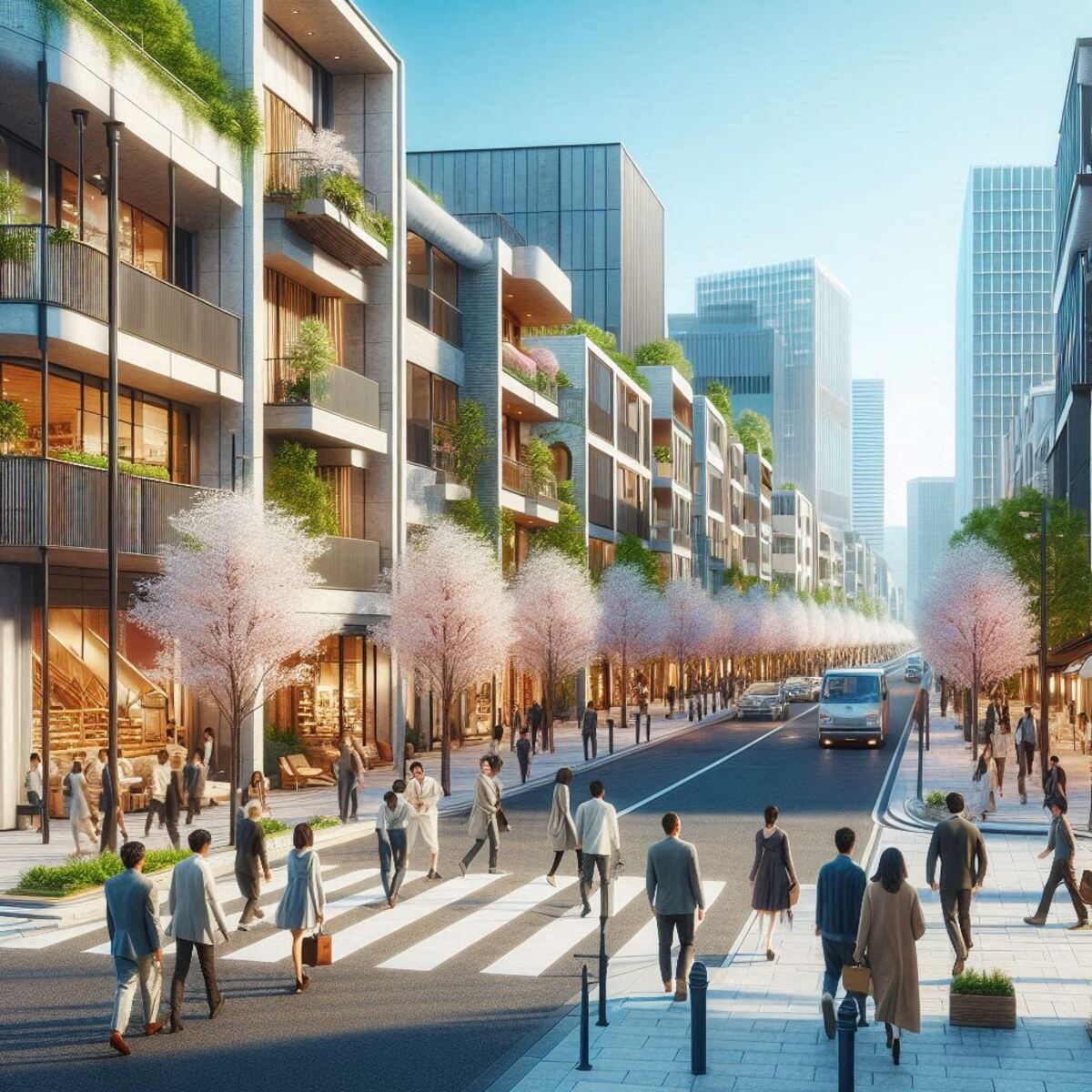Renowned as Japan’s most refined district, Ginza is a magnet for the world’s elite. It is also a district lined with flagship boutiques of the world’s most prestigious luxury brands—and home to some of Japan’s finest culinary experiences, from sushi and wagyu to kaiseki—there is a growing trend among the affluent to reside, not just visit. This trend is particularly prevalent among people from Hong Kong and the broader Greater China region.
Why has the concept of owning a home near Ginza—rather than simply shopping or dining there—captured their attention? The answer lies in a nuanced blend of cultural affinity and contrast with Hong Kong, deep trust in the stability and quality of life in Japan, and Tokyo’s uniquely layered urban fabric.
■ Urban Parallels Between Hong Kong and Ginza
To truly understand Ginza’s growing allure among international buyers, one must first recognize its urban kinship with Hong Kong. Much like Central or Tsim Sha Tsui, Ginza is a meticulously compact district where luxury retail, world-class dining, contemporary art, and commercial prestige are seamlessly interwoven—all within walking distance. This refined urban efficiency eliminates the need for automobiles.
This self-contained, high-end urban ecosystem is instantly familiar to affluent individuals from Hong Kong. In a city where residing in the urban core is considered a mark of prestige—far more desirable than suburban living—the idea of owning a home within walking distance of Ginza aligns perfectly with their cultural values and lifestyle expectations.

■ Why “Living in Ginza” Is Now Commanding Global Attention
Traditionally viewed as a purely commercial district, Ginza was once considered not to reside. But in the 2020s, driven by evolving urban development and surging inbound interest, the area has witnessed a wave of luxury residential construction. From Ginza 8-chome to Shinbashi, Tsukiji, and Higashi-Ginza, a new generation of designer towers and ultra-premium residences is reshaping the skyline.
These homes offer more than proximity—they deliver an extraordinary lifestyle experience: panoramic views of Ginza’s glittering skyline, 2-minute walking distance to the Kabuki-za Theatre, and a daily rhythm imbued with elegance and exclusivity. For high-net-worth individuals, these are sensations no five-star hotel can replicate.
■ Price Advantage and Tax Efficiency: The Deciding Factors
Luxury condominiums within walking distance of Ginza typically range from ¥100 million to ¥300 million. In contrast, equivalent high-end properties in Hong Kong routinely exceed ¥500 million–¥600 million. In essence, Ginza offers comparable luxury at less than half the price.
Japan also presents a significantly more favorable tax environment. Property taxes, inheritance taxes, and acquisition levies are markedly lower than in Hong Kong or Singapore, making long-term ownership far more feasible and intergenerational wealth transfer more attractive.
In fact, an increasing number of Hong Kong buyers are now acquiring Ginza real estate under corporate entities or setting up Japanese corporations for asset structuring. Others are establishing family trusts to facilitate smooth succession planning.

■ Owning a Residence in Ginza Is a Privilege
The supply of luxury residences within walking distance of Ginza is inherently scarce. Due to stringent architectural regulations, heritage preservation mandates, and landscape ordinances, large-scale developments are exceptionally rare. Even those with the means to buy may find the opportunity severely limited—a rarity that, in turn, drives value.
What today’s global elite seek is not ostentatious luxury, but refined urban living steeped in local culture. A home near Ginza offers this ideal intersection: a lifestyle that combines deep cultural resonance with cosmopolitan sophistication.
■ Ginza Living — The Emergence of a New Global Status Symbol
Once regarded as a district for luxury shopping and fine-dining entertainment, Ginza was long seen as an external destination. But today, it is fast becoming an interior realm of daily life—a realization that has captured the attention of the world’s celebrities.
From Hong Kong and Singapore to Dubai and New York, no other city offers Ginza’s singular blend of refinement and cultural depth. To own a home here is not merely to acquire property; it is to make a conscious choice about how one chooses to live.




